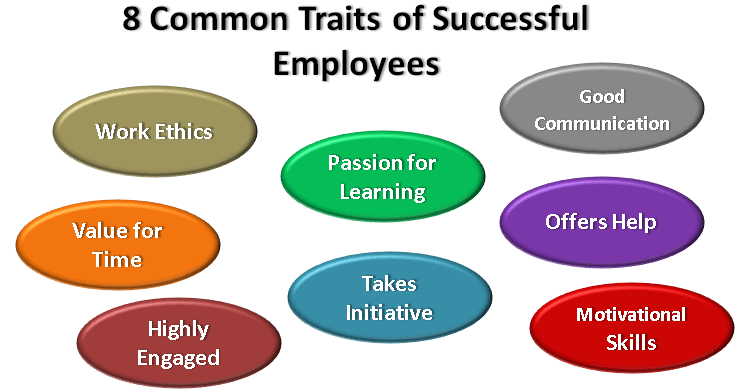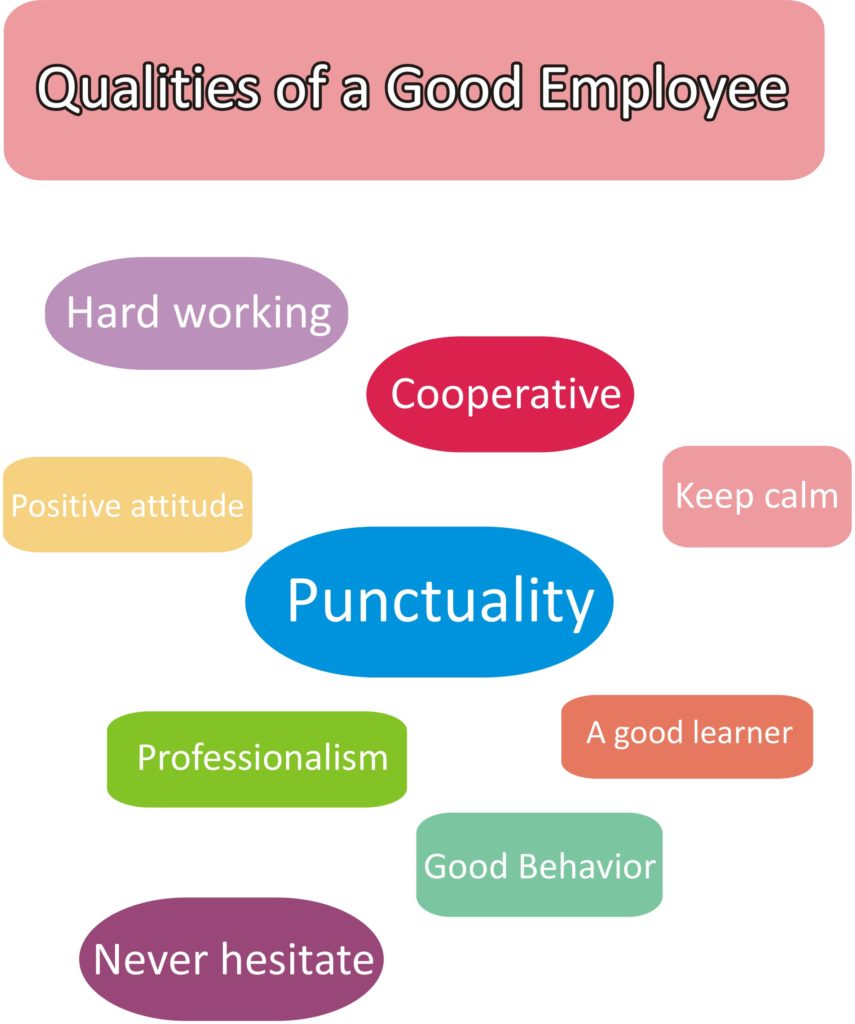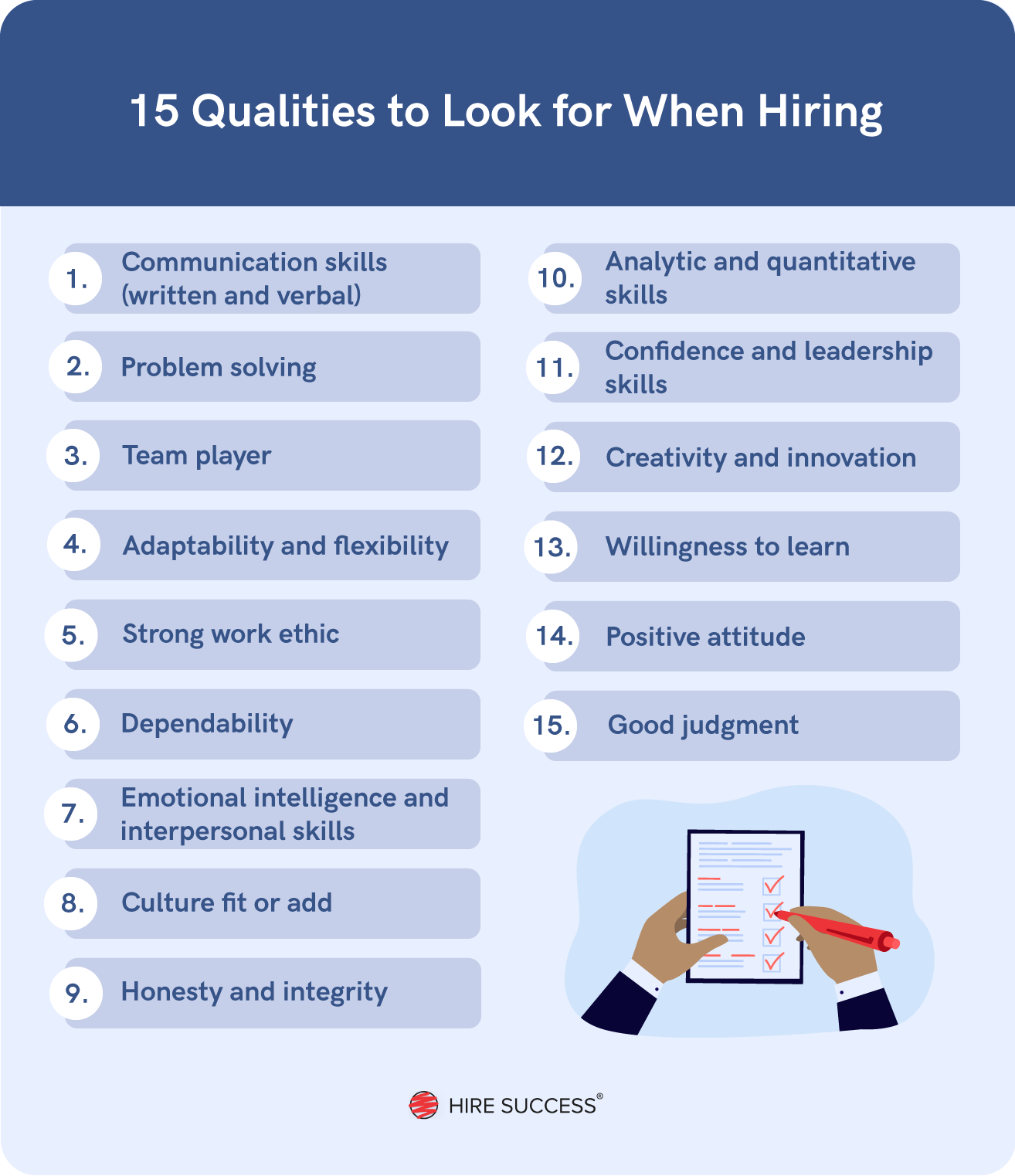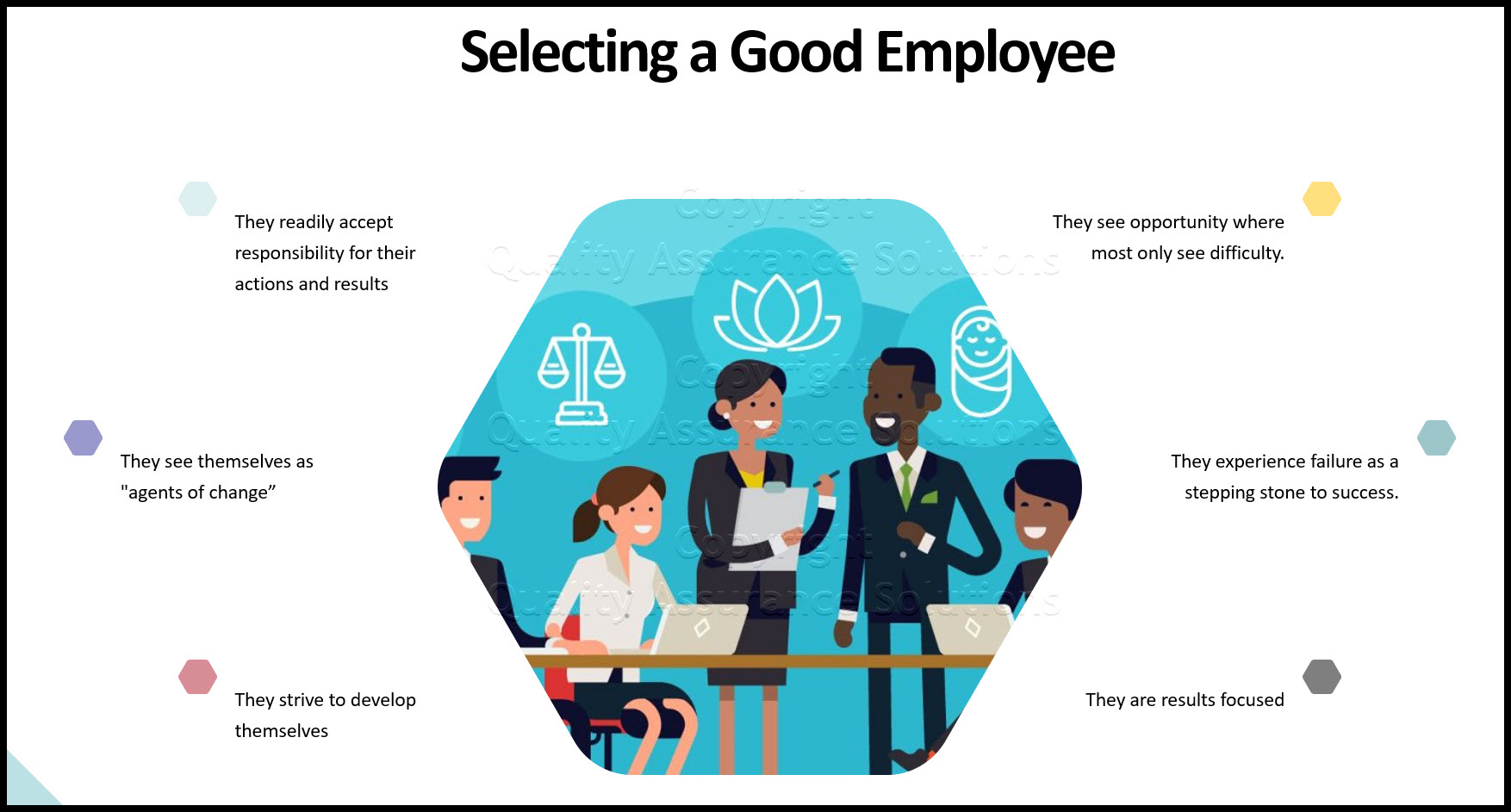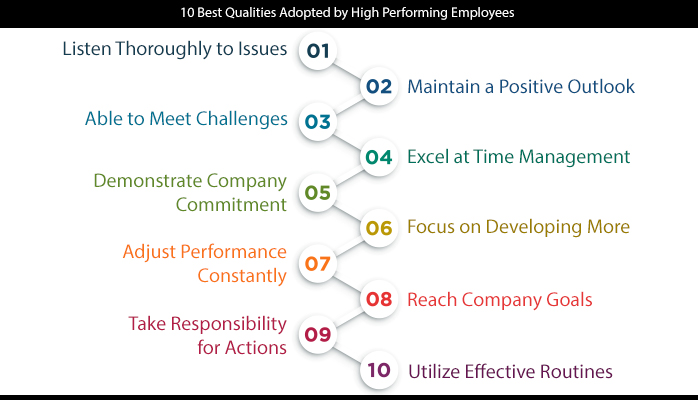Characteristics Of A Good Employee Skills
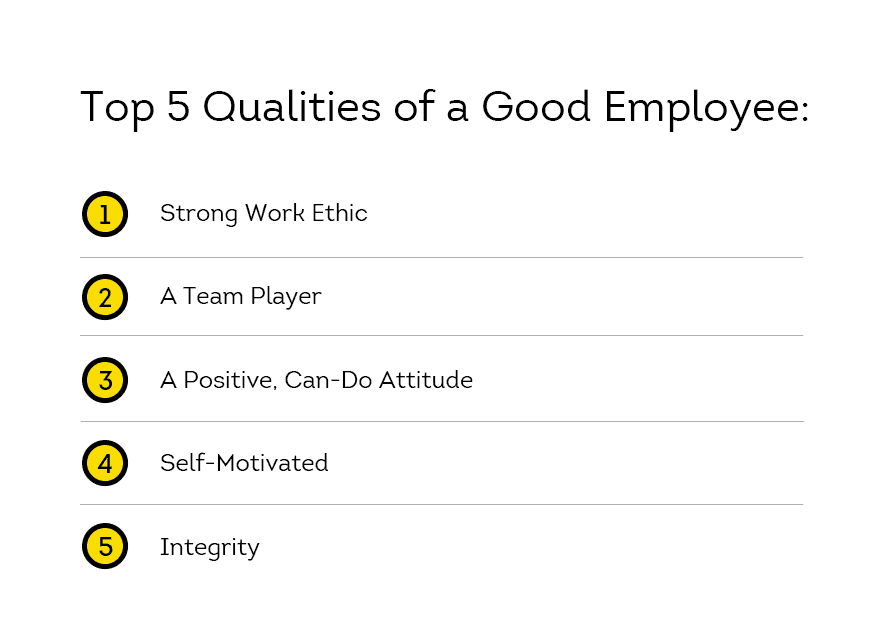
The midday sun streamed through the office window, illuminating dust motes dancing in the air. Sarah, the office manager, watched intently as a new hire, fresh out of college, navigated a complex customer query with remarkable poise. It was a quiet moment, but it highlighted a quality Sarah deeply valued: the ability to learn and adapt.
What truly distinguishes a good employee in today's rapidly evolving workplace? It's a blend of hard skills, like technical expertise, and crucial soft skills, such as communication and problem-solving, that collectively contribute to a productive and positive work environment. This article explores the characteristics that define a good employee, drawing from industry insights and observations of successful professionals.
The Foundation: Core Competencies
At the heart of every successful employee lies a strong foundation of core competencies. These are the fundamental abilities required to perform the core duties of their role effectively.
Technical proficiency is a cornerstone, ensuring the employee possesses the necessary knowledge and skills to handle their responsibilities. A software developer, for example, needs a strong understanding of coding languages and development methodologies.
However, technical skills are not the only thing. Problem-solving abilities are equally critical, allowing employees to analyze challenges, identify solutions, and implement them effectively. A good employee approaches problems with a proactive and analytical mindset.
The Differentiators: Essential Soft Skills
While hard skills get you in the door, soft skills determine how far you go. In today's collaborative work environment, these interpersonal skills are more vital than ever.
Communication skills, both written and verbal, are paramount. Being able to clearly articulate ideas, actively listen to others, and provide constructive feedback is essential for teamwork and project success. According to a recent survey by the Society for Human Resource Management (SHRM), communication is consistently ranked as one of the most desired skills in employees.
Adaptability and flexibility are also crucial in a world of constant change. Employees who can embrace new technologies, adjust to shifting priorities, and remain resilient in the face of challenges are invaluable assets.
"The ability to learn faster than your competitors may be the only sustainable competitive advantage,"said Peter Senge, author of The Fifth Discipline.
Teamwork and collaboration are essential for creating a cohesive and productive work environment. Employees who can effectively collaborate with colleagues, share knowledge, and contribute to a shared goal are essential for success. A good team player is also respectful of diverse perspectives and willing to compromise.
Time management and organizational skills allow employees to prioritize tasks, meet deadlines, and maintain efficiency. Effective time management reduces stress and allows employees to focus on their core responsibilities.
Beyond Skills: The Importance of Attitude
Beyond technical skills and soft skills, a positive attitude and strong work ethic are key differentiators. A proactive and motivated employee is more likely to take initiative, seek out challenges, and consistently exceed expectations.
Integrity and ethical behavior are non-negotiable. Trustworthiness and honesty are essential for building strong relationships with colleagues, clients, and stakeholders. An employee with integrity consistently acts in the best interests of the organization and adheres to ethical principles.
A commitment to continuous learning is also vital in today's rapidly evolving workplace. Employees who are eager to expand their knowledge, acquire new skills, and stay abreast of industry trends are more likely to remain relevant and contribute to innovation.
Building a Workforce of Good Employees
Cultivating a workforce of good employees requires a multi-faceted approach, including effective recruitment practices, comprehensive training programs, and a supportive work environment.
Companies can prioritize soft skills during the hiring process by incorporating behavioral interview questions and assessments. Providing ongoing training and development opportunities allows employees to enhance their skills and stay competitive.
Creating a culture of recognition and appreciation fosters a sense of value and motivates employees to perform at their best. Encouraging open communication and providing regular feedback helps employees to identify areas for improvement and grow professionally.
As Sarah watched the new hire, she knew that the most valuable employees aren't just skilled, but also possess the capacity for growth and the desire to contribute to something bigger. The blend of competence, character, and commitment is what truly sets a good employee apart, making them an invaluable asset to any organization.
